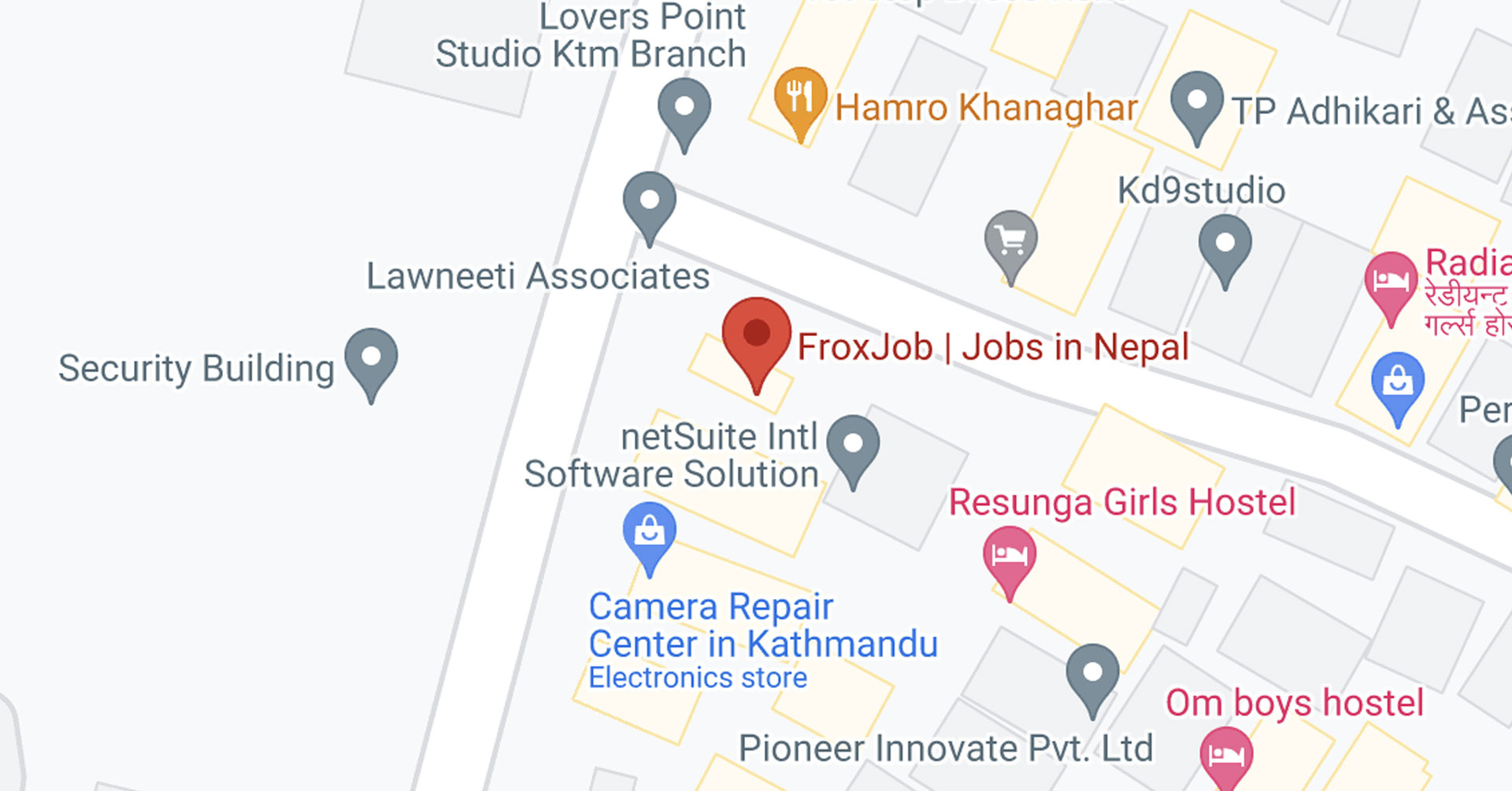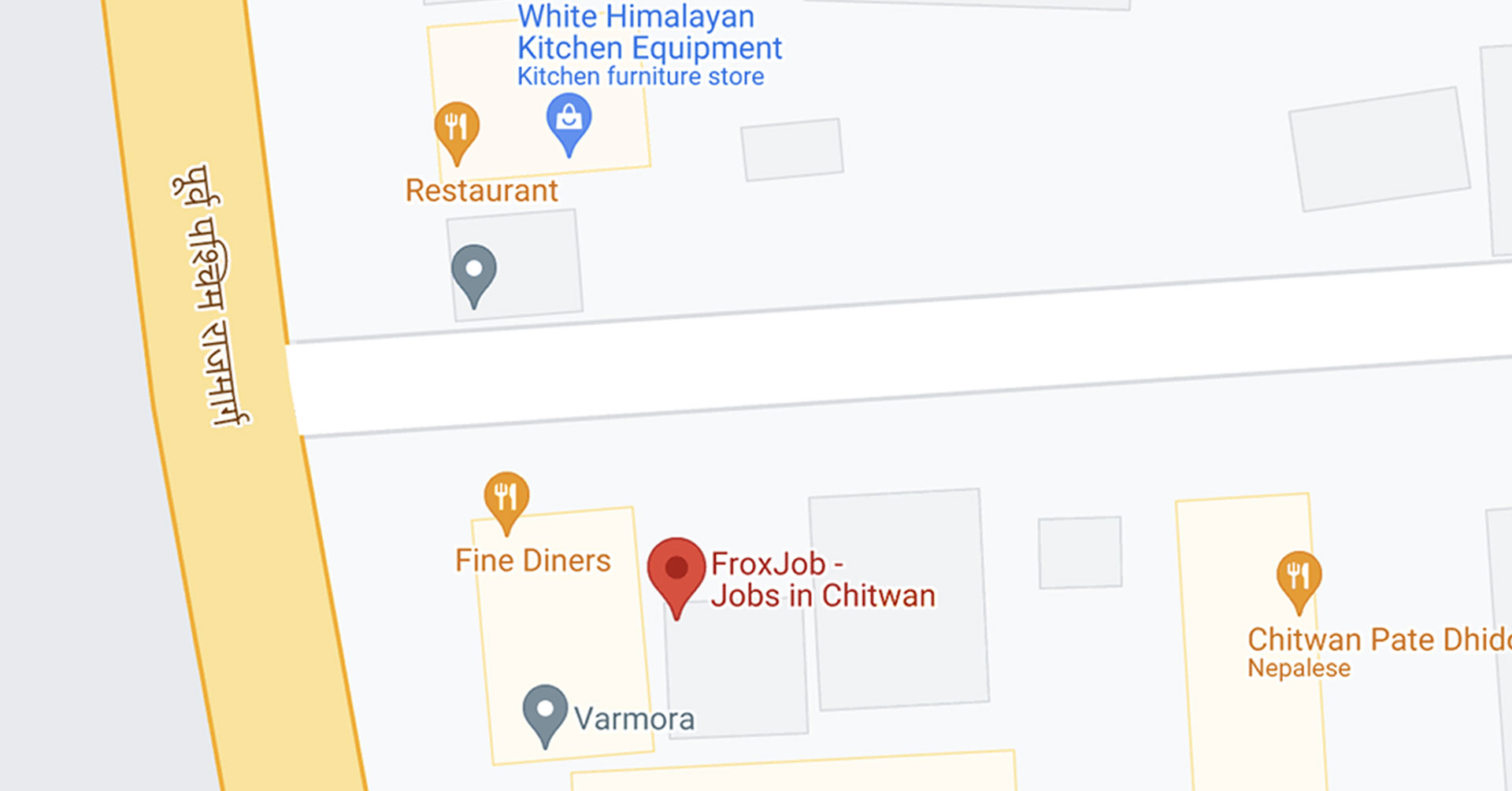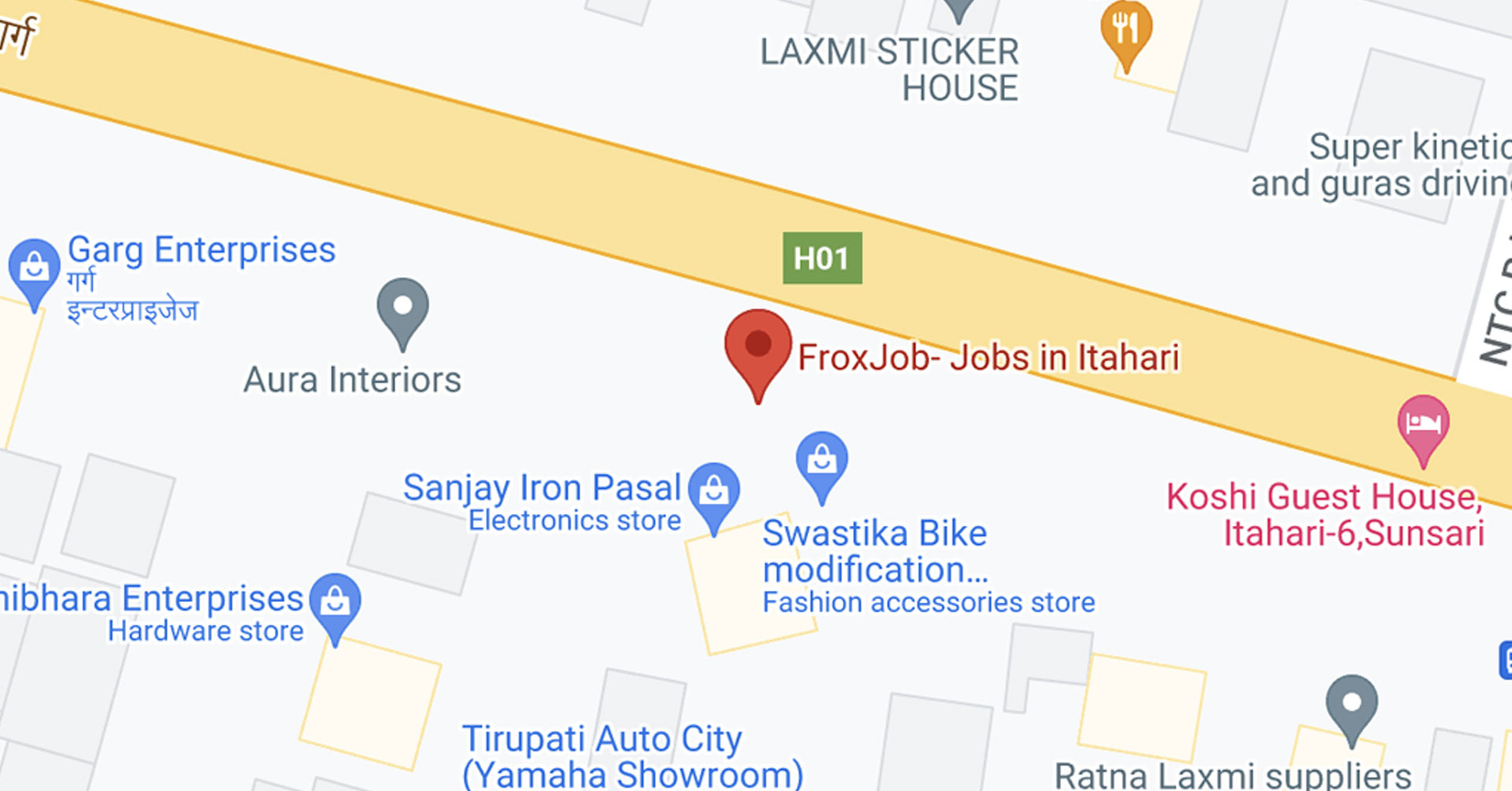How to Handle Difficult Interview Questions

How to Handle Difficult Interview Questions
Interviews are often the most decisive stage of the hiring process, and one of the biggest challenges for candidates is dealing with difficult interview questions. These questions are designed to test not only your skills and qualifications but also your thought process, composure, and problem-solving ability. In this comprehensive guide, we provide strategies, examples, and insights to help you confidently respond to tough interview questions and leave a lasting impression on hiring managers.
Why Employers Ask Difficult Interview Questions
Employers use difficult questions to assess more than technical skills. They want to see:
- Critical thinking abilities
- Emotional intelligence under pressure
- Adaptability in unexpected situations
- Problem-solving skills in real-world scenarios
- Alignment with company culture and values
By understanding the intent behind tough questions, you can structure your answers to demonstrate confidence, preparation, and professionalism.
Types of Difficult Interview Questions
Difficult questions usually fall into one of several categories. Preparing for each type can help you handle them with ease.
1. Behavioral Questions
These ask you to describe past experiences to predict future performance.
Example: “Tell me about a time you had a conflict with a coworker and how you resolved it.”
2. Situational Questions
These focus on hypothetical scenarios to test decision-making.
Example: “What would you do if you had to deliver a project under a very tight deadline?”
3. Stress Questions
These are meant to put you under pressure.
Example: “Why should we hire you over someone more qualified?”
4. Weakness-Oriented Questions
These highlight your flaws or limitations.
Example: “What is your greatest weakness?”
5. Career Motivation Questions
These evaluate your long-term goals.
Example: “Where do you see yourself in five years?”
Strategies to Handle Difficult Interview Questions
1. Use the STAR Method
For behavioral and situational questions, structure your answers using the STAR framework:
- Situation: Provide context.
- Task: Explain your responsibility.
- Action: Describe what you did.
- Result: Share the positive outcome.
This method keeps your responses clear and focused.
2. Stay Calm and Collected
Difficult questions are often designed to test your composure. Take a brief pause before answering, breathe, and structure your response logically.
3. Be Honest Without Being Negative
Avoid overly rehearsed answers. If asked about weaknesses, mention a genuine area you’ve improved on and explain the steps you’ve taken to grow.
4. Align Answers With Company Values
Research the company’s culture, mission, and goals. Shape your responses to reflect alignment with what the employer is seeking.
5. Practice but Stay Natural
Mock interviews help build confidence. However, avoid sounding robotic. Show authenticity while maintaining professionalism.
How to Answer the Most Common Difficult Interview Questions
1. “Tell me about yourself.”
This is often the first question and sets the tone for the interview. Keep it professional, concise, and relevant to the job.
Sample Answer:
“I have over six years of experience in digital marketing with a strong focus on SEO and content strategy. In my previous role, I led a campaign that increased organic traffic by 45% in six months. I’m particularly interested in this role because it offers the opportunity to apply my skills on a larger scale while contributing to innovative projects.”
2. “What is your greatest weakness?”
Avoid clichés like “I work too hard.” Instead, choose a real weakness you’ve improved.
Sample Answer:
“I used to struggle with delegating tasks because I felt more comfortable doing things myself. Over time, I’ve learned the importance of trusting team members and focusing on overall project management. Now I delegate effectively and have seen productivity improve.”
3. “Why should we hire you?”
This requires confidence without arrogance. Emphasize strengths that directly match the role.
Sample Answer:
“You should hire me because I bring a proven record of results in project management and process optimization. In my last role, I streamlined workflows that saved 20% in operational costs. I believe I can bring the same efficiency and strategic thinking to your team.”
4. “Where do you see yourself in five years?”
Employers want to gauge ambition and commitment.
Sample Answer:
“In five years, I see myself growing into a leadership position where I can mentor others while continuing to deliver measurable results. I’m particularly interested in long-term projects that allow me to contribute to company growth.”
5. “Tell me about a time you failed.”
This tests humility and resilience. Show what you learned.
Sample Answer:
“In one project, I underestimated the time required for client feedback, which caused a delay. I took responsibility, adjusted timelines, and built in buffer periods for future projects. That experience taught me the importance of factoring in external dependencies.”
6. “How do you handle conflict at work?”
Employers want to see communication and problem-solving skills.
Sample Answer:
“When conflict arises, I focus on open communication. For example, when a colleague and I disagreed on a project approach, I suggested we both present our ideas to the manager. This not only resolved the conflict but combined the best parts of both plans.”
7. “Why are you leaving your current job?”
Frame your answer positively. Avoid criticizing your current or past employers.
Sample Answer:
“I’m grateful for my current role, but I’m looking for a position where I can take on new challenges and grow professionally. Your company’s focus on innovation and employee development aligns with my career goals.”
Expert Tips for Mastering Interview Preparation
- Research the company thoroughly before the interview.
- Prepare a few smart questions to ask the interviewer.
- Record mock interviews to refine tone and delivery.
- Focus on storytelling rather than generic statements.
- Highlight measurable achievements wherever possible.
Final Thoughts
Handling difficult interview questions is about preparation, composure, and authenticity. By understanding the purpose behind each type of question and using structured methods like STAR, you can give answers that highlight your strengths, reflect self-awareness, and show alignment with the employer’s goals. Remember, interviews are as much about showcasing your personality and mindset as they are about demonstrating technical skills.





